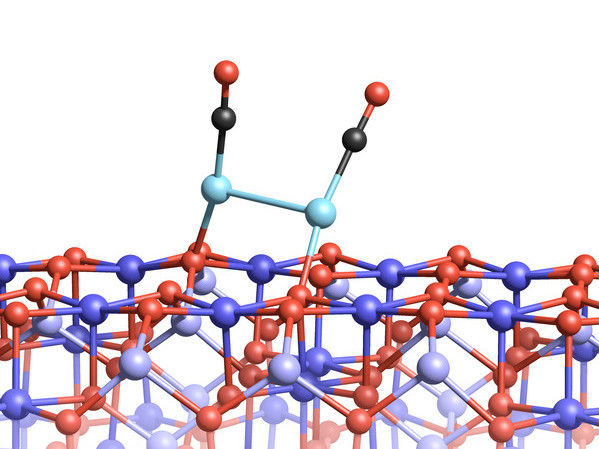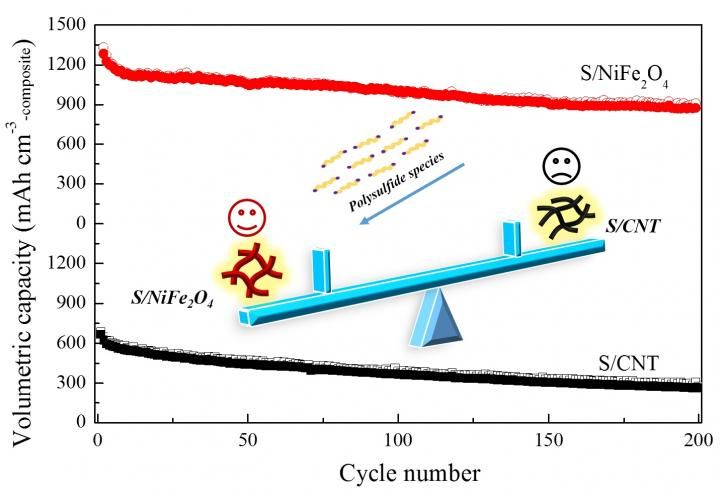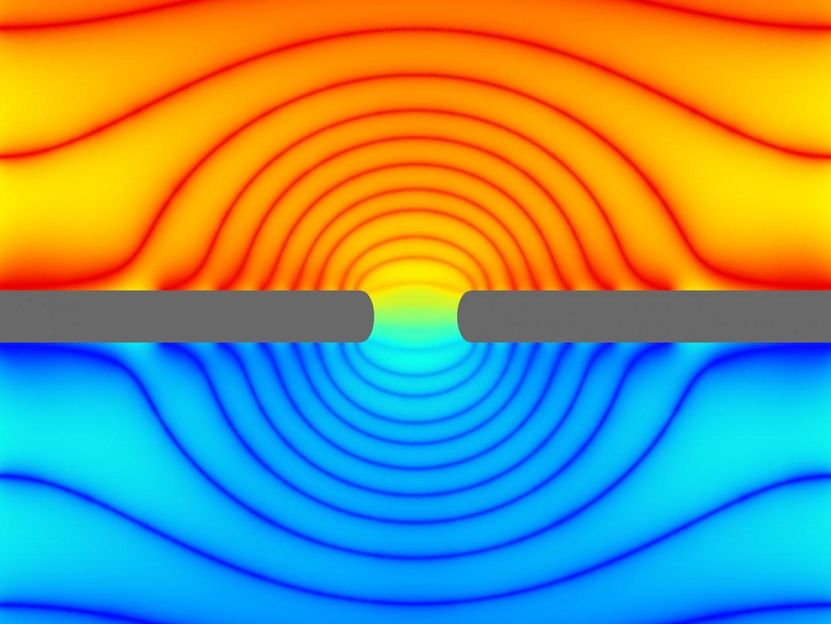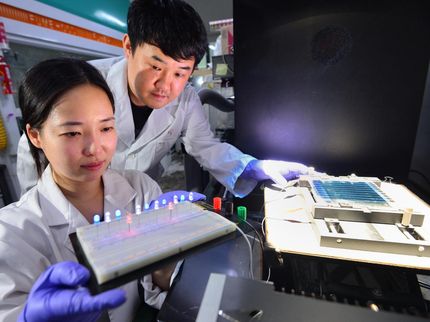Untiring dedication to solar energy
HZB researcher honoured with solar award for his successful research
Prof. Dr. Hans-Werner Schock, department head and spokesman for Solar Energy Research at Helmholtz-Zentrum Berlin (HZB), received the prestigious “Becquerel Prize” at the 25th “European Photovoltaic Solar Energy Conference and Exhibition” in Valencia. The EU Commission honoured the HZB scientist for his life’s work in the field of photovoltaics. The award ceremony took place as a highlight of the European photovoltaics conference which was held this year together with the 5th “World Conference on Photovoltaic Energy Conversion”.
Hans-Werner Schock received the “Becquerel Prize” following his plenary lecture on “The Status and Advancement of CIS and Related Solar Cells”. The chairman was Daniel Lincot, head of solar energy research at the Ecole Nationale Supérieure de Chimie de Paris (ENSCP).
Prof. H.-W. Schock was distinguished by the committee for his outstanding performance in the field of solar energy technology and the development of thin-film solar cells. The first pioneer tests on chalcopyrite-based solar cells took place under his direction as early as 1980, and were to make solar energy more efficient and more competitive.
Such solar cells are made of copper-indium-sulphide (CIS) or copper-indium-gallium-selenide (CIGSe), for example. At present, Hans-Werner Schock’s group is researching new material combinations of abundant, environmentally friendly chemical elements and is continuing to refine solar cells based on these materials. The solar cells developed at HZB under Hans-Werner Schock’s leadership hold several efficiency records: CIS cells in the high-voltage range (12.8%), flexible cells made from plastics (15.9%) and conventional CIGSe cells (19.4%). The aim is for “solar cells to be integrated into buildings, for example, no longer as an investment, but as a matter of course,” says Schock.
Scientific director for Research Field Energy at HZB, Prof. Dr. Wolfgang Eberhardt, is delighted about the award: “With its research on thin-film solar cells, HZB has made it its duty to develop the technology for our future energy supply. Mr. Schock’s work is a major contribution to this. We are delighted about the worldwide recognition his work has found, and congratulate Mr. Schock on receiving this award.”
Hans-Werner Schock, born in 1946 in Tuttlingen, studied electrical engineering at University of Stuttgart and earned his doctorate at the Institute of Physical Electronics, where he later became scientific project leader of the research group “Polycrystalline Thin-Film Solar Cells”. Since 2004, he has worked at HZB as department head of the Institute for Technology. He is author and co-author of more than 300 publications and has submitted and been involved in more than ten patents in the field of solar energy technology.
The “Becquerel Prize” was first awarded in 1989 on the occasion of the 150th anniversary of Becquerel’s classic experiment on the description of the photovoltaic effect. With it, French physicist Alexandre Edmond Becquerel laid the foundation for the use of photovoltaics.
Most read news
Other news from the department science

Get the chemical industry in your inbox
By submitting this form you agree that LUMITOS AG will send you the newsletter(s) selected above by email. Your data will not be passed on to third parties. Your data will be stored and processed in accordance with our data protection regulations. LUMITOS may contact you by email for the purpose of advertising or market and opinion surveys. You can revoke your consent at any time without giving reasons to LUMITOS AG, Ernst-Augustin-Str. 2, 12489 Berlin, Germany or by e-mail at revoke@lumitos.com with effect for the future. In addition, each email contains a link to unsubscribe from the corresponding newsletter.
Most read news
More news from our other portals
Last viewed contents
Symrise Continues to Grow
Agilent Technologies to acquire Advanced Analytical Technologies, Inc.

Lonely Atoms, Happily Reunited
Advanced imaging for bone research and materials science - High-resolution method for computed nano-tomography developed
MSC unanimously agrees that Bisphenol A is an endocrine disruptor

Nickel ferrite promotes capacity and cycle stability of lithium-sulfur battery

Clues to accelerate commercialization of all-solid-state batteries - New findings reveal how degradation of all-solid-state batteries occurs at the cathode under low-pressure operation
Second European refinery to run Headwaters heavy oil catalyst technology

Nacelle: Launch of the first independent sodium-ion production line in Germany - Milestone for German battery technology

New battery technology could boost renewable energy storage - Columbia Engineers develop new powerful battery "fuel" -- an electrolyte that not only lasts longer but is also cheaper to produce


























































